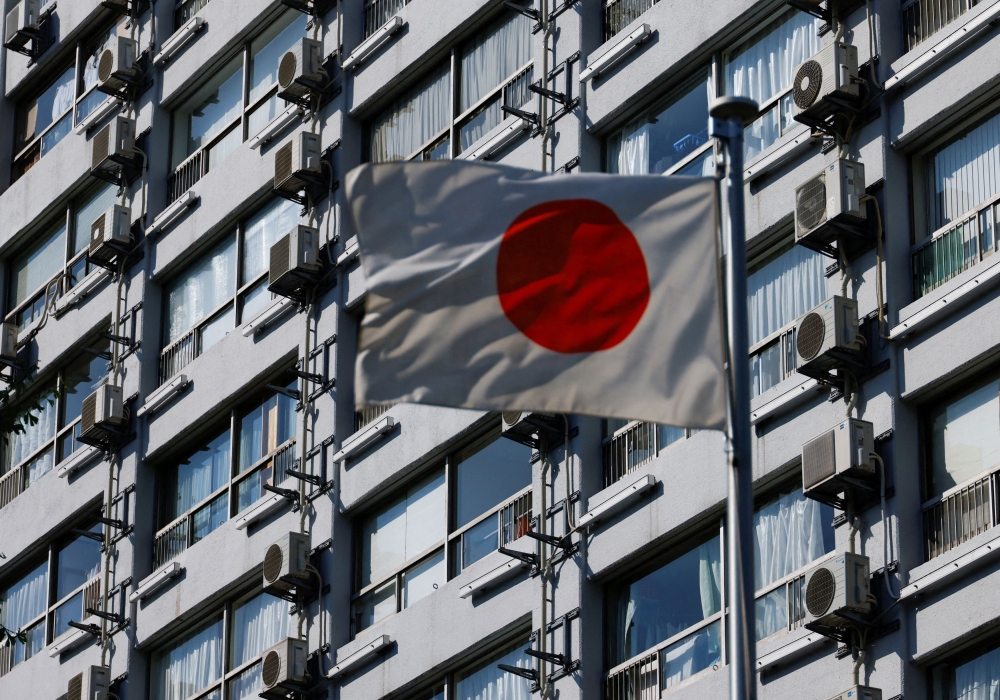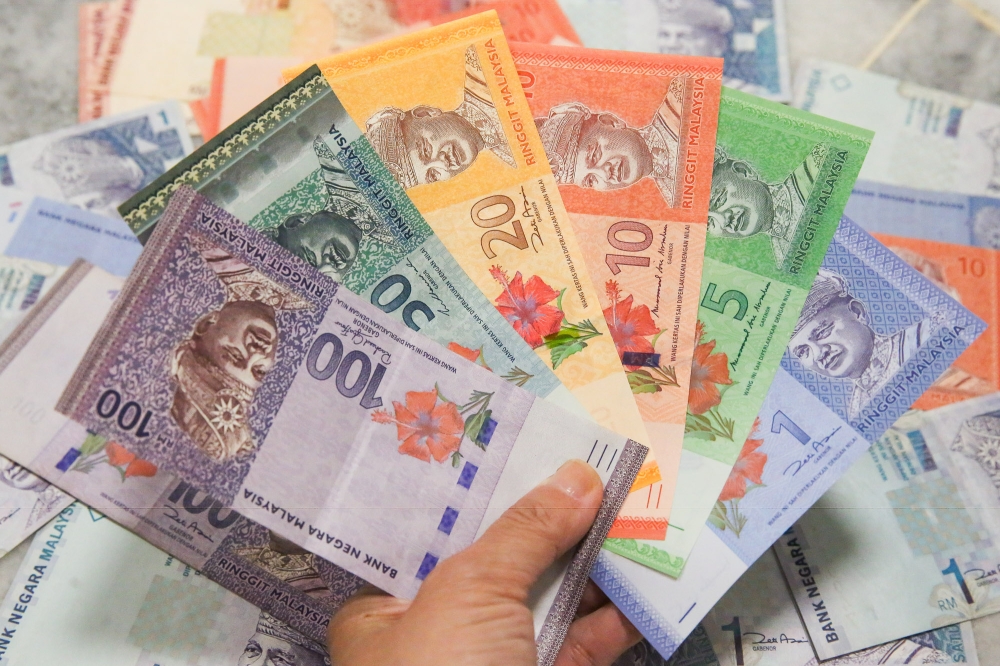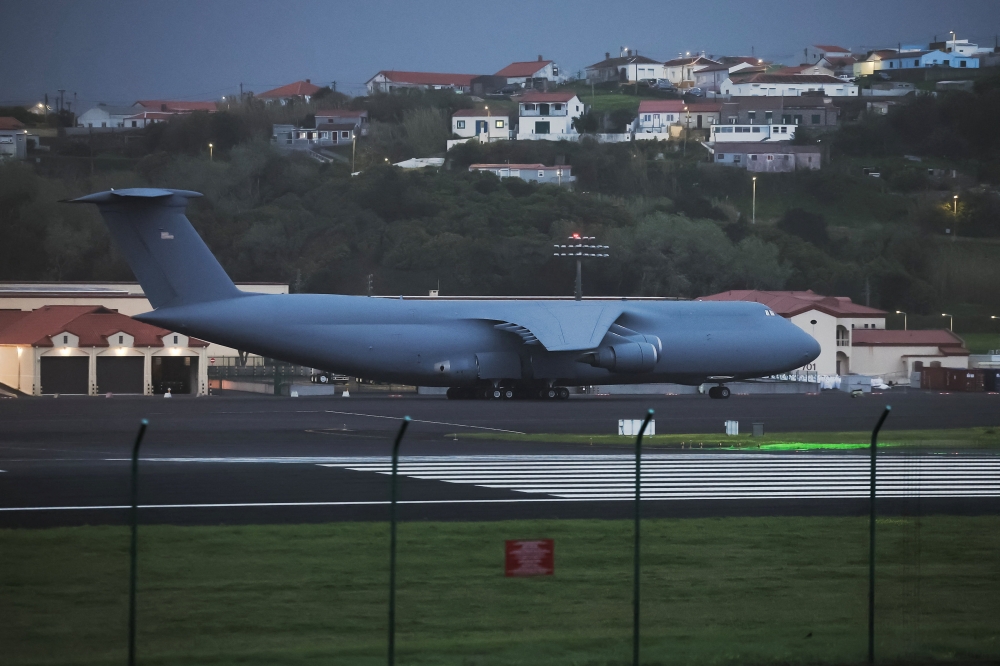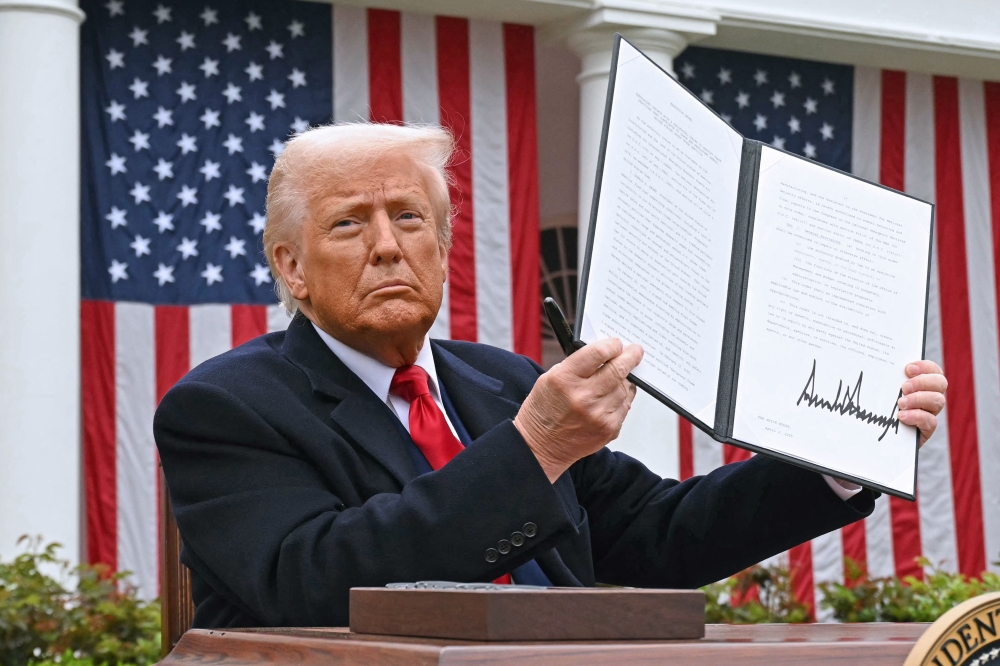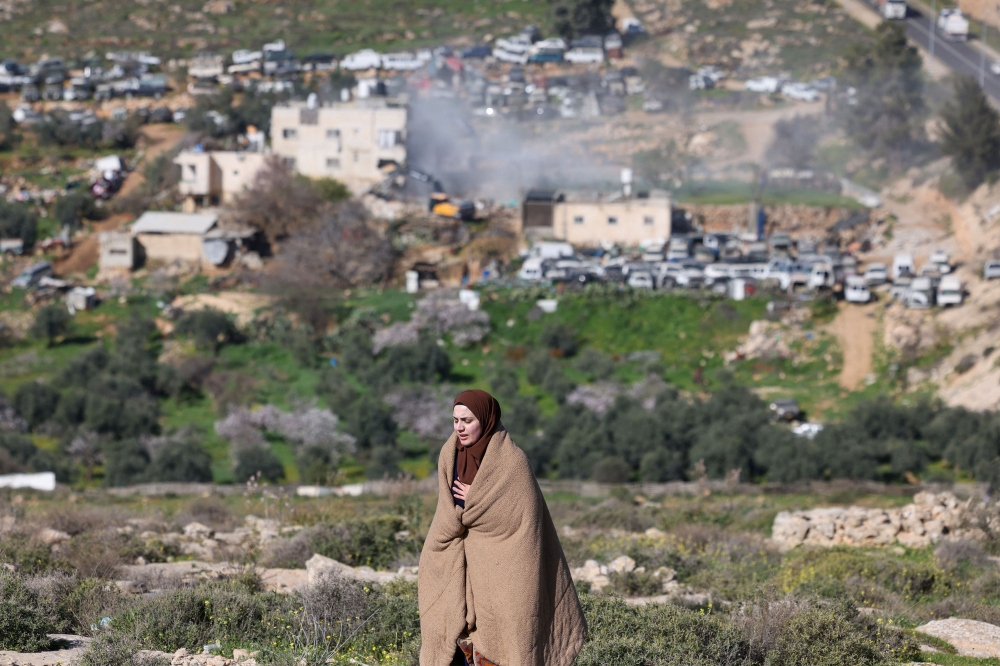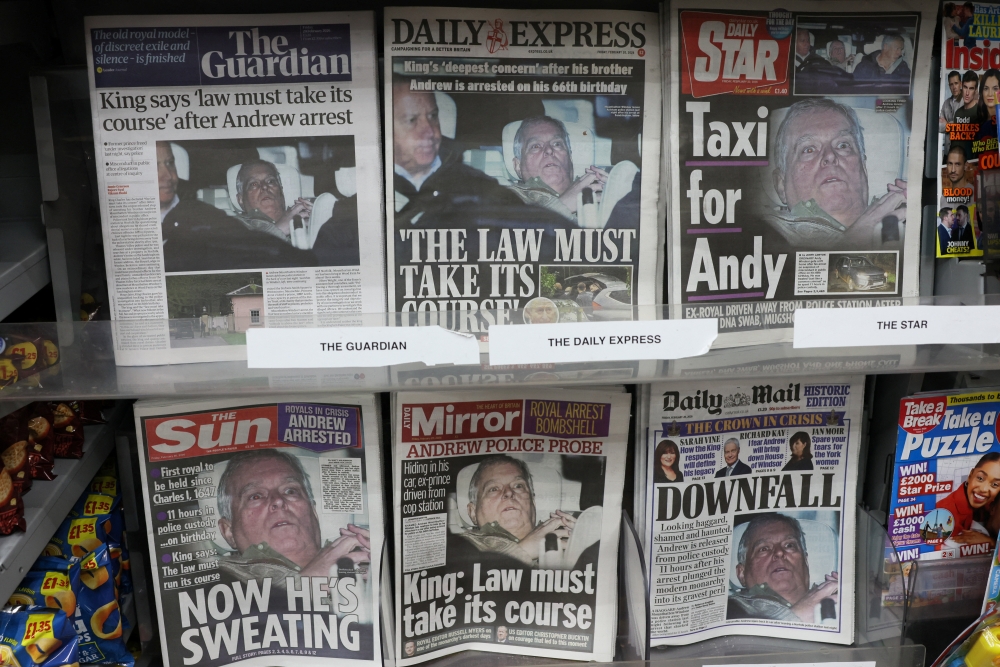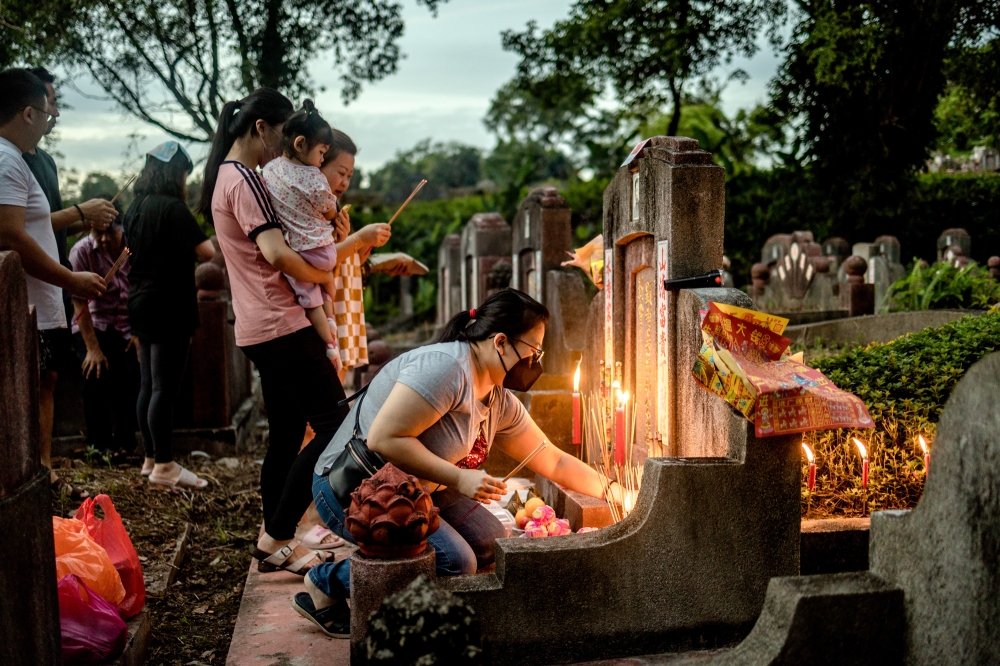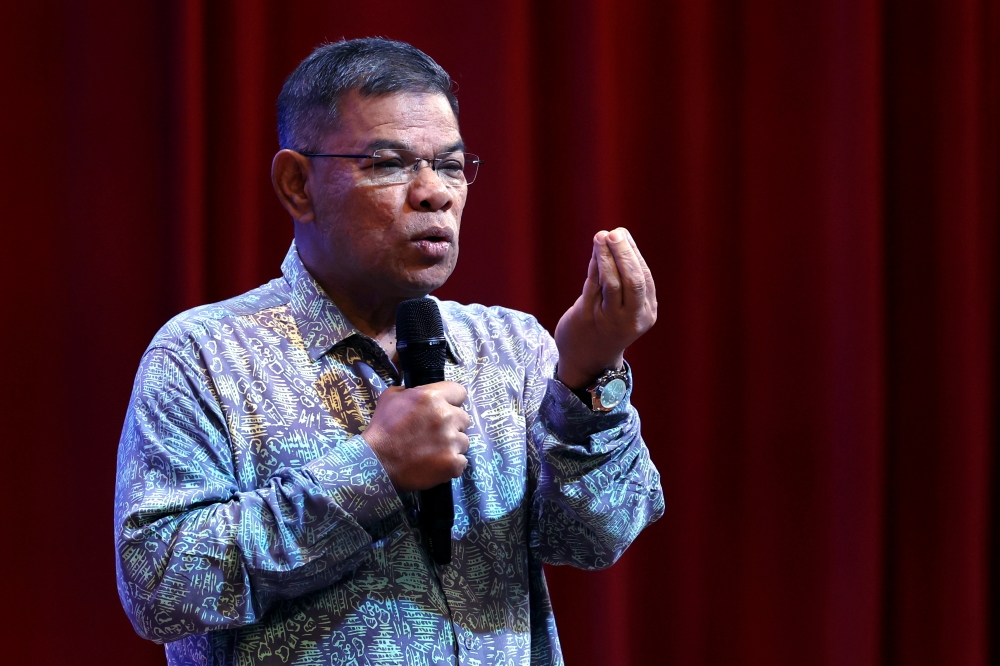KUALA LUMPUR, May 10 — A majority of Malaysians believe in life after death and the existence of a spiritual world beyond what can be seen, according to a global survey by Pew Research Center that sheds light on the spiritual and religious beliefs of people across 36 countries.
The report released earlier this week also found that despite Malaysia’s lower gross domestic product per capita compared to many Western nations, the country’s lower level of ancestral worship challenge conventional assumptions made by secularisation theory.
“Economics is not the only factor at play – the religious makeup of a country also has a role,” said the report.
“For instance, the Muslim-majority countries of Bangladesh, Indonesia, Malaysia and [Türkiye] also are among the less wealthy countries in our survey, yet people in those countries are among the least likely to say ancestors can interact with the living in these ways.”
The survey, conducted between January and May 2024, found that 76 per cent of Malaysian adults believe there is definitely or probably life after death, aligning closely with other Muslim-majority countries in the region.
In addition, 66 per cent of Malaysians said they believe there is something spiritual beyond the natural world, even if it cannot be seen — a belief shared by majorities in most countries surveyed, regardless of religious affiliation.
However, Malaysians were among the least likely to believe that ancestral spirits could influence the living, compared to countries in sub-Saharan Africa or Latin America.
Malaysia also displayed a strong overlap between religion and spirituality, with most Malaysians who said religion was very important in their lives also expressing belief in spiritual energies.
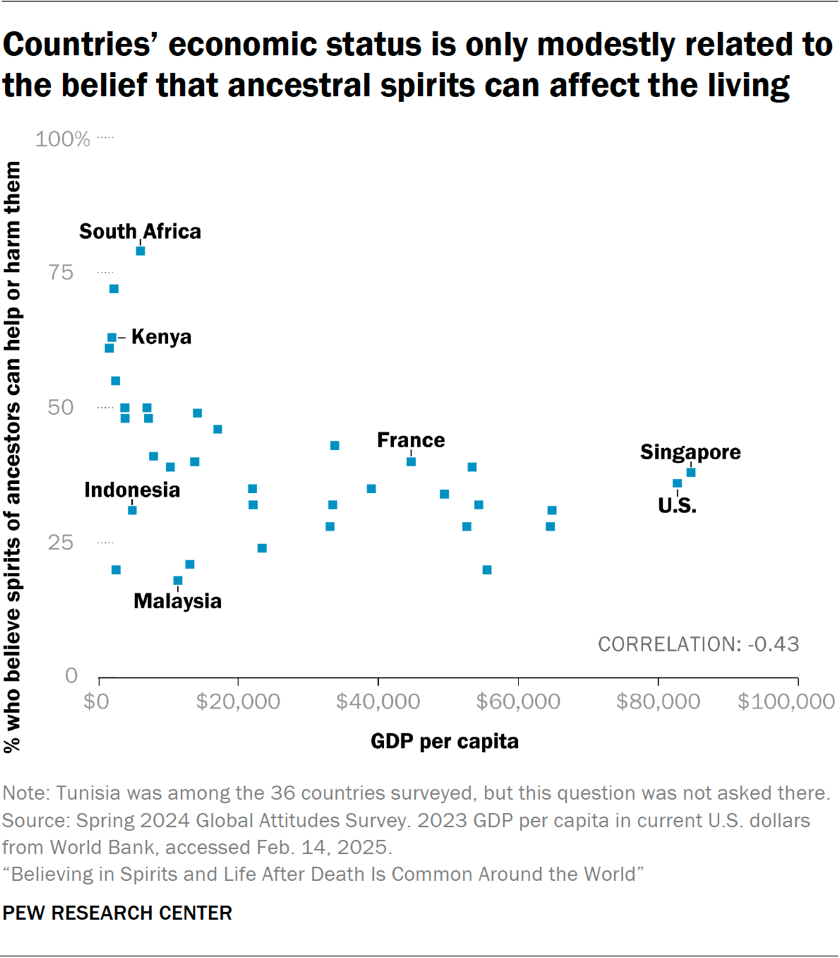
Malaysia ranked among the top countries in terms of belief in God, with 98 per cent of respondents affirming their belief in a higher power, consistent with the strong religious identity among Malaysian Muslims, Christians, Hindus, and Buddhists.
Other findings included:
- 48 per cent of Malaysians believe parts of nature like mountains, rivers, or trees can have spiritual energies — lower than in neighbouring Southeast Asian countries such as the Philippines or Thailand.
- 53 per cent believe animals can possess spirits or spiritual energies. This view is more common among younger adults across many countries.
- 28 per cent believe inanimate objects like crystals, jewels, or stones can hold spiritual energy, below the global median.
- 76 per cent of Muslims pray five times a day, compared to 91 per cent in Nigeria, Indonesia and Sri Lanka (84 per cent), Singapore (67 per cent), India (51 per cent), and Türkiye (31 per cent).
- Only 29 per cent of Malaysians wear or carry religious symbols, unlike in neighbouring Thailand (63 per cent).
- However, Malaysians are unique where more men (33 per cent) than women (23 per cent) wear religious symbols or items.
The report highlighted that beliefs in spiritual concepts like ancestral spirits, reincarnation, and magical forces are often shaped by both religious teachings and cultural traditions.
The Pew report included responses from over 50,000 adults globally, using a combination of phone and face-to-face interviews. In Malaysia, the survey was conducted via telephone interviews with a nationally representative sample.


